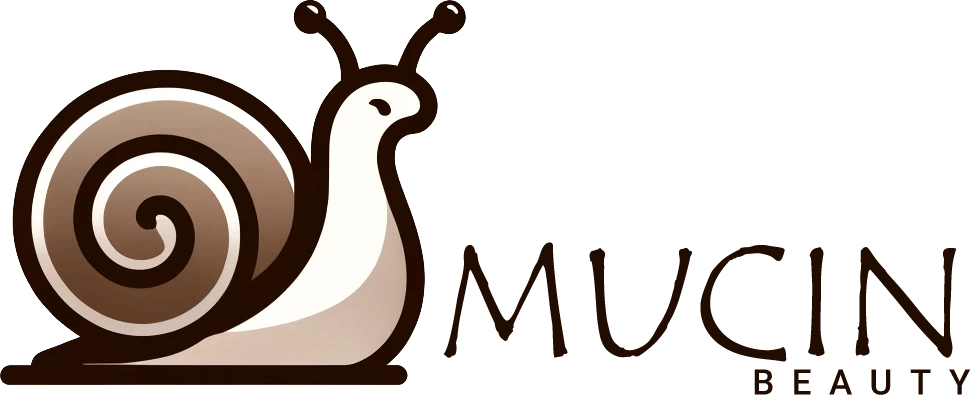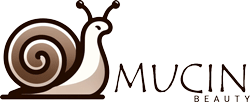In our quest for eternal youth, the skincare industry has made significant strides, especially in the realm of anti-ageing products. Understanding the science behind these products not only helps demystify how they work but also ensures that we can make informed choices about what we apply to our skin. This post explores the key ingredients commonly found in anti-ageing products, how they contribute to skin health, and practical advice for incorporating these into your skincare routine.
Understanding Skin Ageing
Skin ageing is influenced by a combination of factors, including genetics, environmental exposure (such as to UV rays and pollutants), lifestyle choices (like diet and smoking), and natural biological processes. These factors contribute to two types of ageing: intrinsic ageing, which is the natural ageing process that takes place over the years, and extrinsic ageing, which results from exposure to external factors.
The visible signs of ageing include wrinkles, fine lines, loss of volume and elasticity, and uneven skin tone. On the cellular level, ageing is characterised by a decrease in the production of collagen and elastin, essential proteins that provide the skin with structure and elasticity, and by damage caused by free radicals.
“We can influence a type of aging that affects our skin. Our environment and lifestyle choices can cause our skin to age prematurely. The medical term for this type of aging is “extrinsic aging.” By taking some preventive actions, we can slow the effects that this type of aging has on our skin.”
~ American Academy of Dermatology Association

Key Ingredients in Anti-Ageing Skincare
1. Retinoids
Retinoids, derivatives of Vitamin A, are among the most studied anti-ageing compounds. They work by promoting cell turnover and stimulating collagen production, which can reduce the appearance of wrinkles and improve skin texture.
Practical Tip: Start with a low concentration of retinoids to assess your skin’s tolerance, as they can cause dryness and irritation. Apply retinoids in the evening, as they can make your skin more sensitive to sunlight.
2. Antioxidants
Antioxidants, such as Vitamin C, Vitamin E, and ferulic acid, help combat free radical damage. Free radicals are unstable molecules that can damage cells and accelerate ageing. By neutralising these molecules, antioxidants can prevent further damage to the skin.
Practical Tip: Incorporate a vitamin C serum into your morning routine to benefit from its antioxidant properties and its ability to brighten the skin.
3. Peptides
Peptides are short chains of amino acids that can signal the skin to produce collagen and elastin. They are becoming increasingly popular in anti-ageing products for their ability to help repair skin and improve skin barrier function.
Practical Tip: Look for products that contain a combination of peptides to target different signs of ageing. Apply peptide creams or serums twice daily for the best results.
4. Hyaluronic Acid
Hyaluronic acid is a powerful humectant that can hold up to 1000 times its weight in water, making it excellent for hydration. Well-hydrated skin can reduce the appearance of wrinkles and make the skin look more plump and youthful.
Practical Tip: Use hyaluronic acid serums under your moisturiser to help lock in moisture and keep your skin hydrated throughout the day.
5. Snail Mucin
Snail mucin is known for its regenerative properties and is rich in hyaluronic acid, glycoproteins, proteoglycans, antimicrobial and copper peptides, all of which can improve skin texture and appearance. It helps to moisturise the skin, promote collagen production, and aid in repairing damaged skin tissues.
Practical Tip: Snail mucin can be found in various forms, such as serums, creams, and masks. For anti-ageing benefits, look for products that list snail mucin high up on the ingredient list, indicating a higher concentration.

Incorporating Anti-Ageing Products into Your Routine
When incorporating new anti-ageing products into your skincare routine, it’s important to do so gradually to monitor how your skin reacts. Always perform a patch test before using a product over your entire face, particularly with potent ingredients like retinoids and acids.
It’s also crucial to maintain realistic expectations. While anti-ageing skincare products can significantly improve the appearance of your skin and reduce signs of ageing, they are not magic cures. Healthy lifestyle choices, such as maintaining a balanced diet, staying hydrated, not smoking, and reducing sun exposure, play an essential role in the health of your skin.
“Diet and exercise improve your mind, your body – and your skin. We have all heard the expression, You are what you eat. It’s true in many ways. What we put in our bodies has to find a way out again. Our bodies are designed that way. When we eat healthy food, it shows on our body and our skin.”
~ Kim Gallo, Clinical Esthetician
Conclusion
The science behind anti-ageing skincare is constantly evolving, with continuous innovations and breakthroughs in active ingredients and formulations. By understanding the ingredients and their effects, you can choose the right products that cater to your specific skincare needs. Remember, consistency is key in any skincare routine; regular use of these products in conjunction with a healthy lifestyle will yield the best results in keeping your skin looking youthful and radiant.


